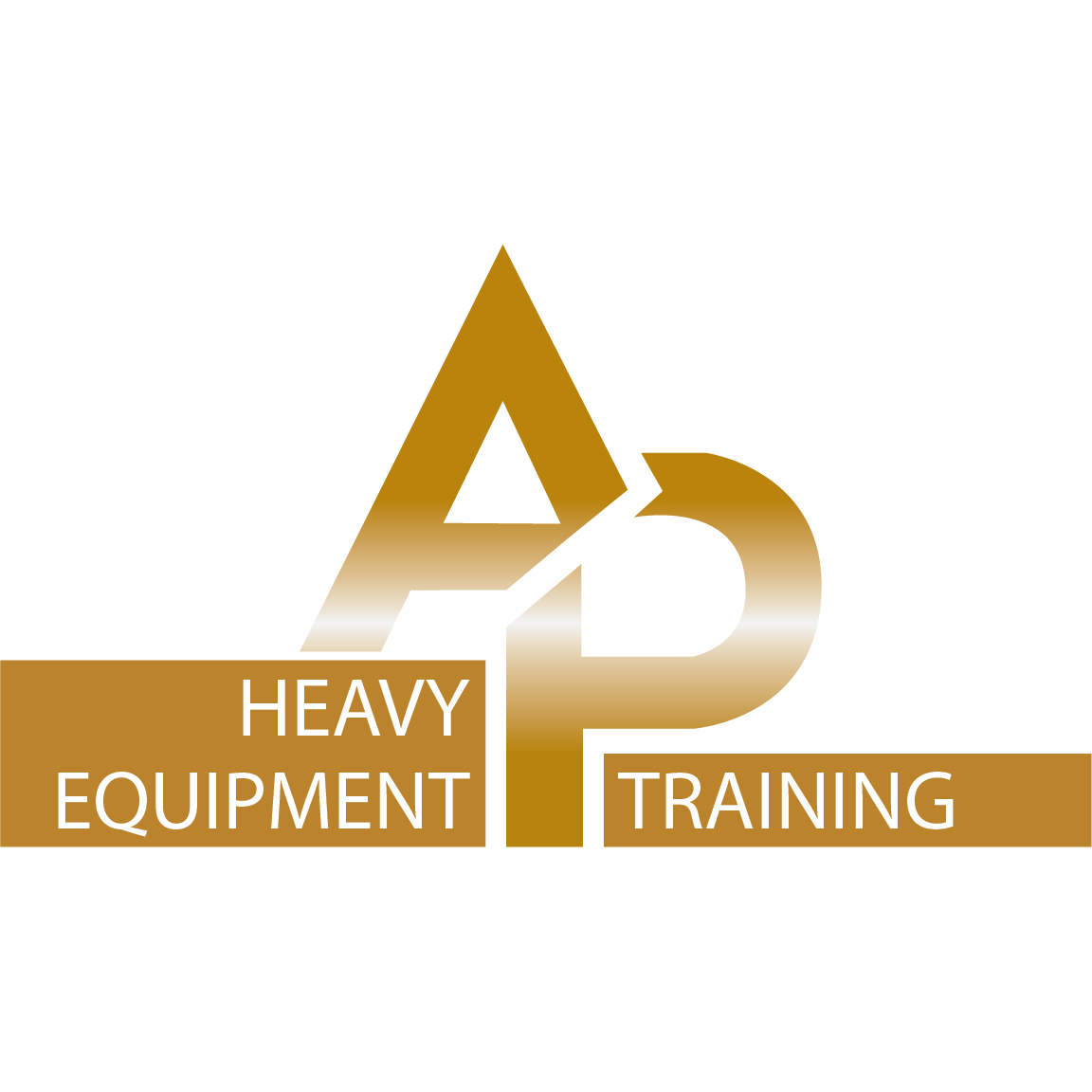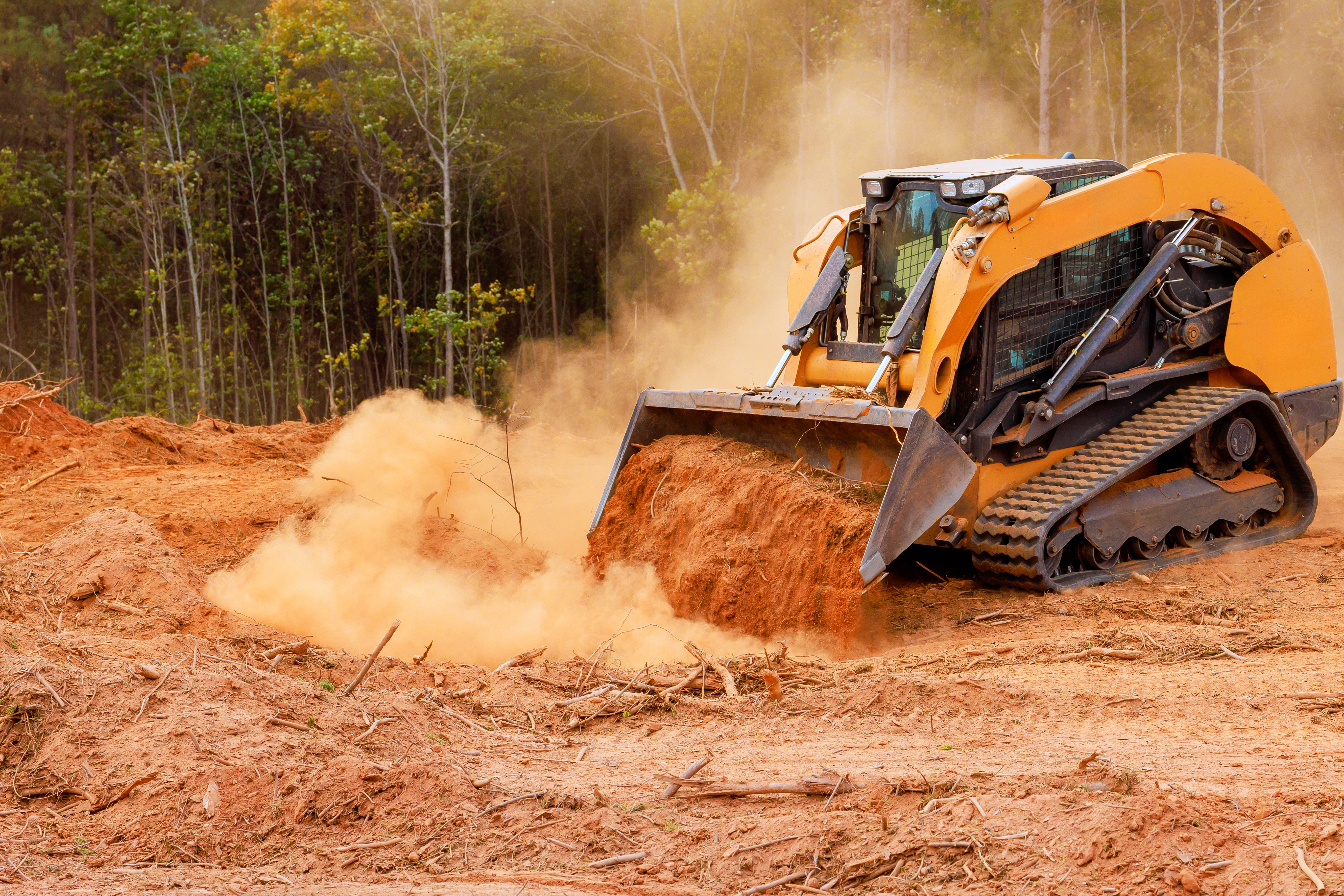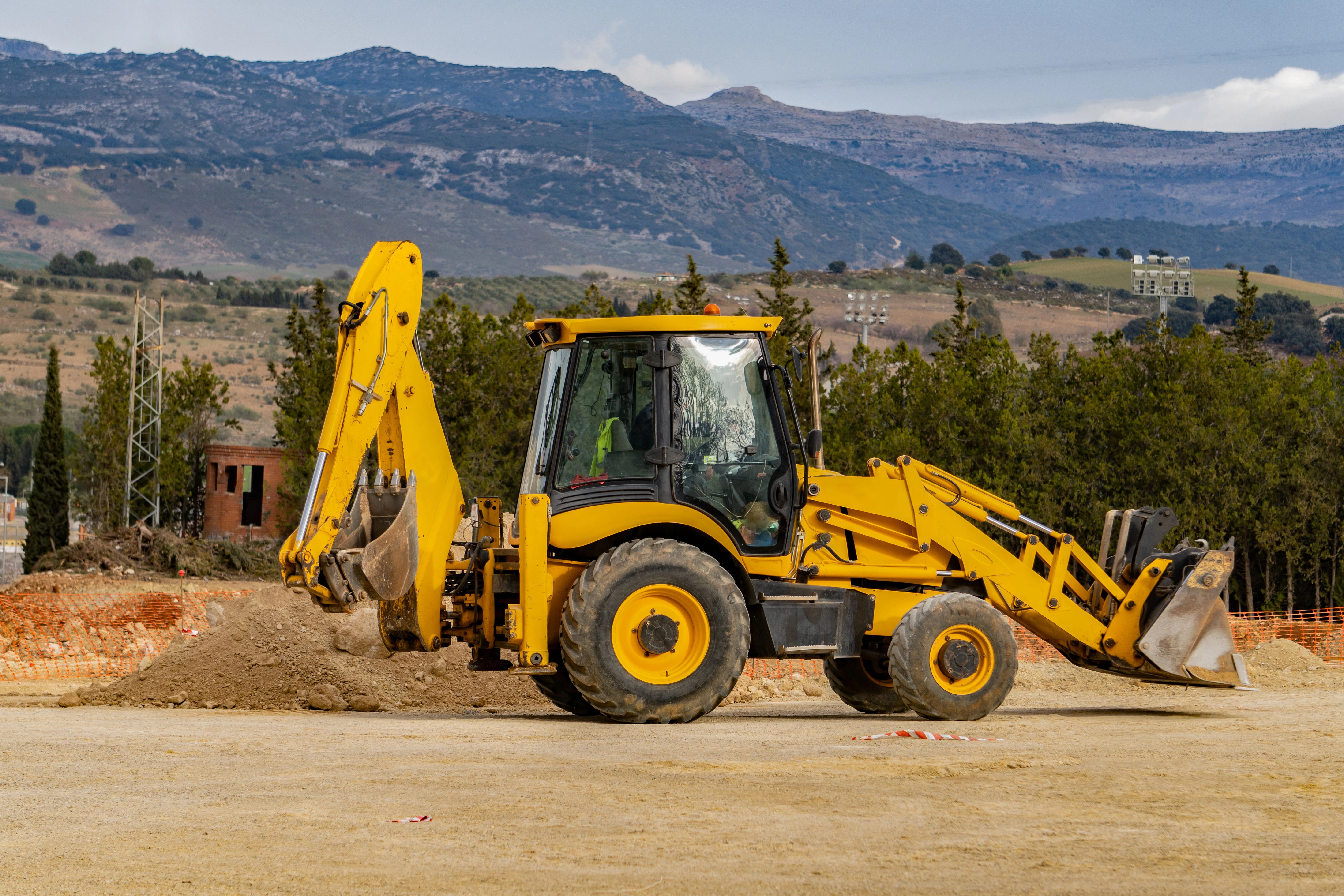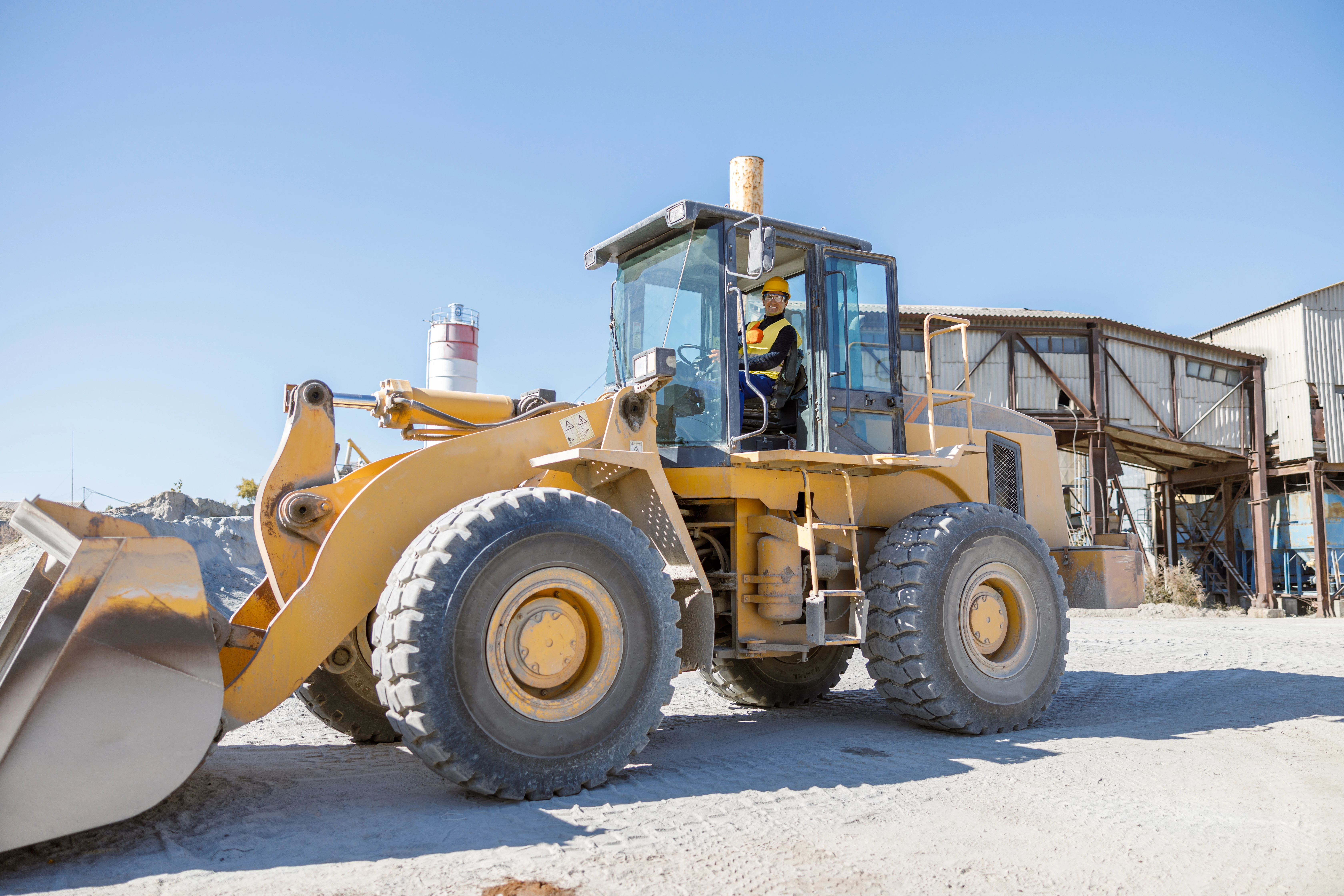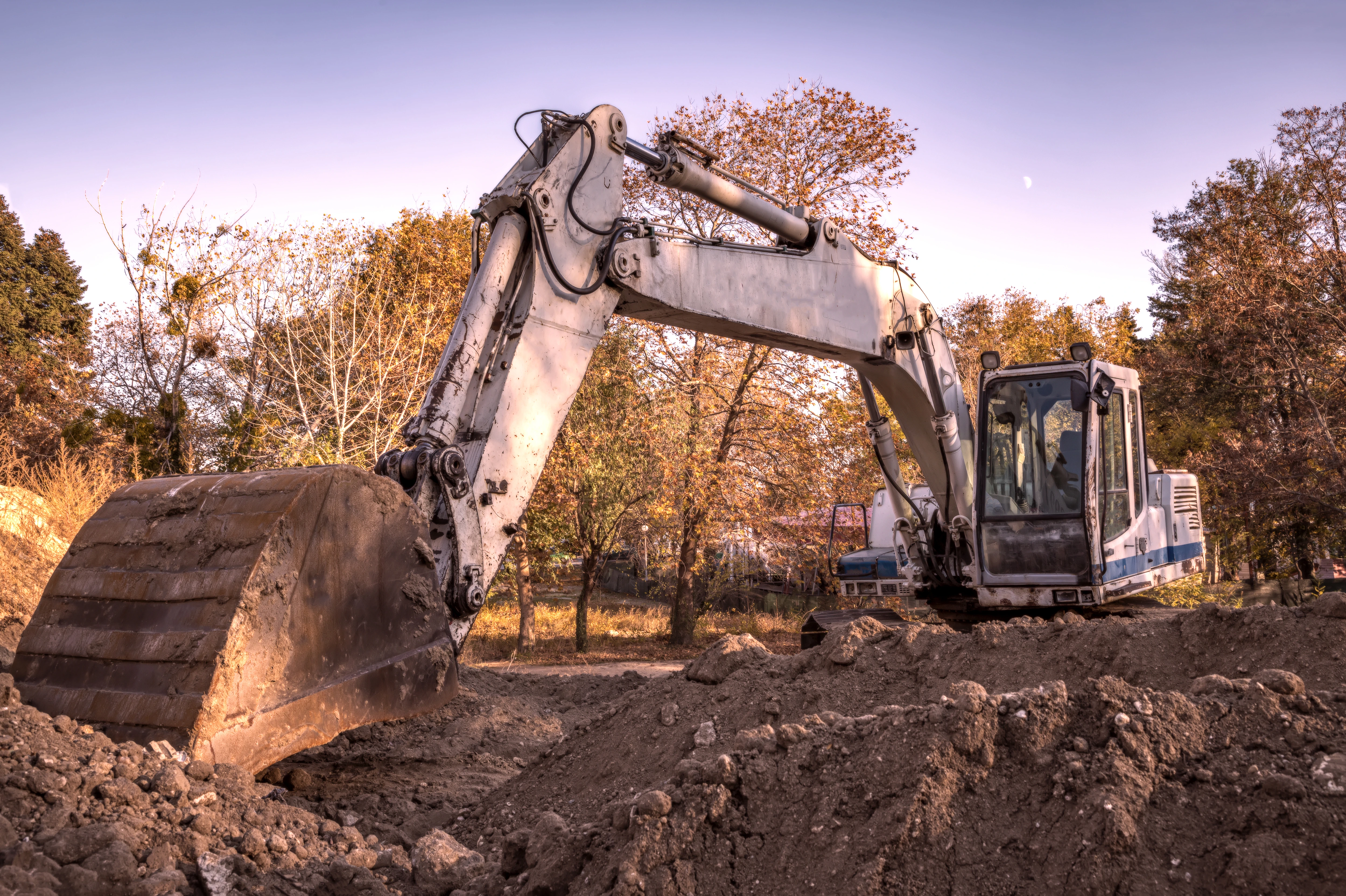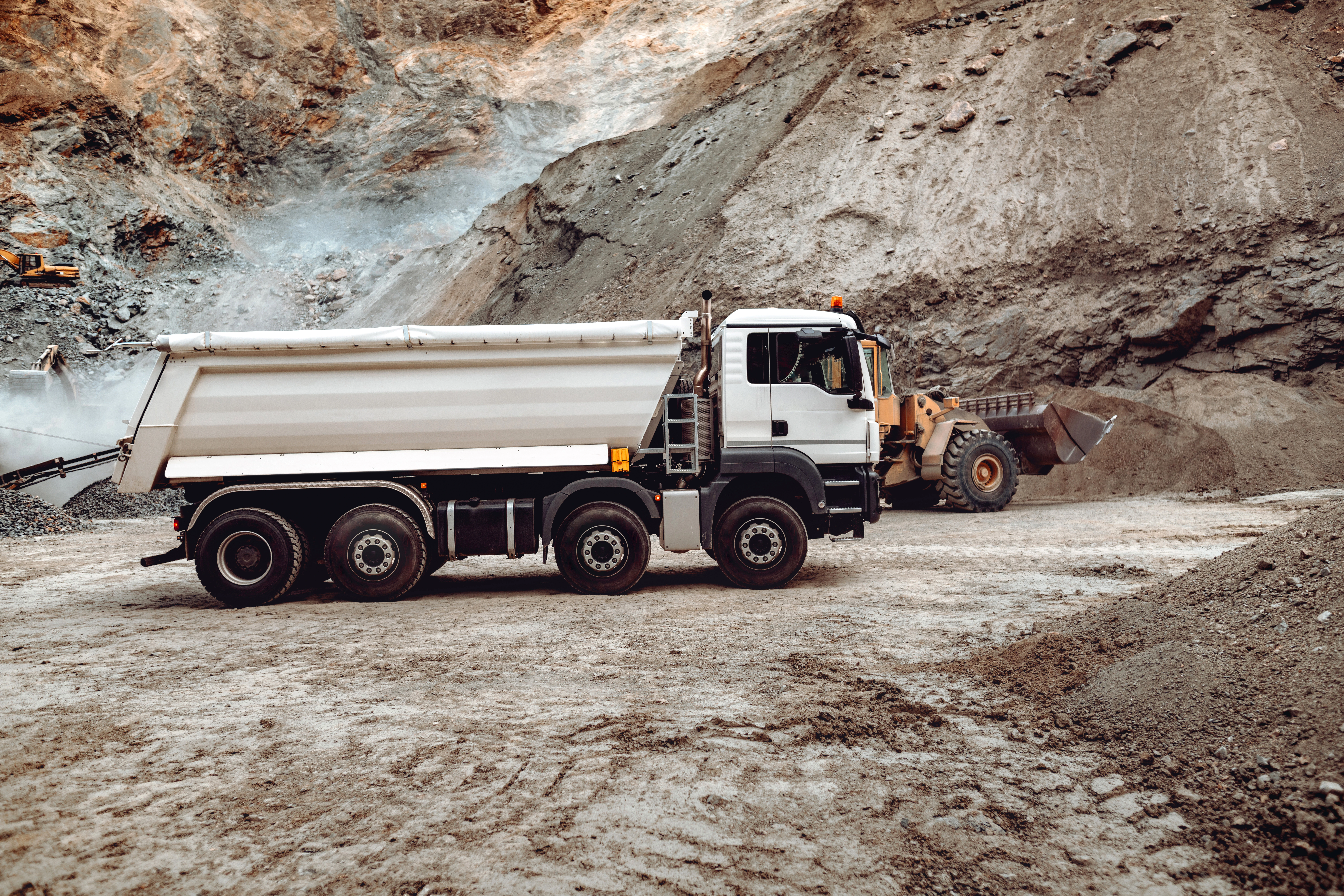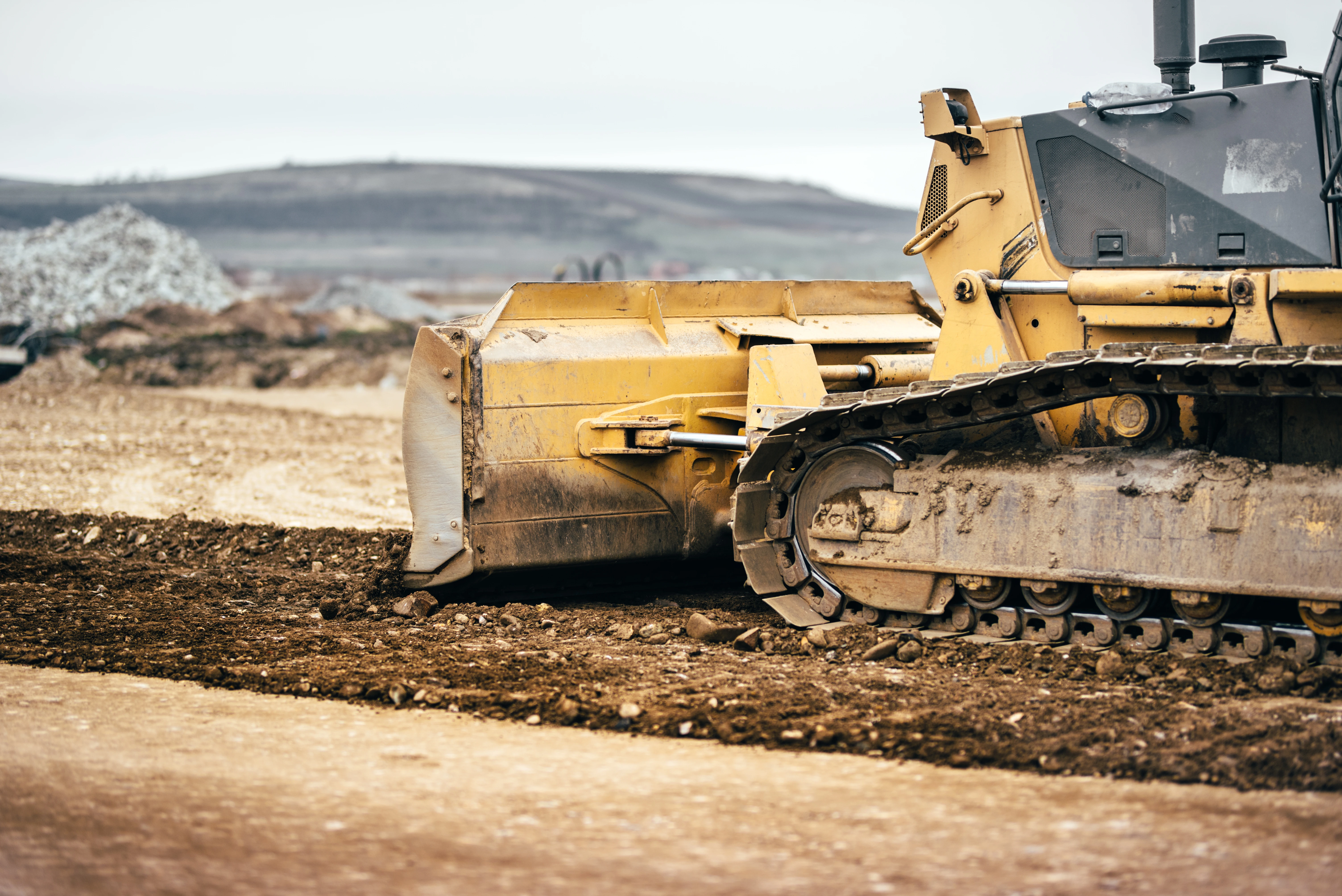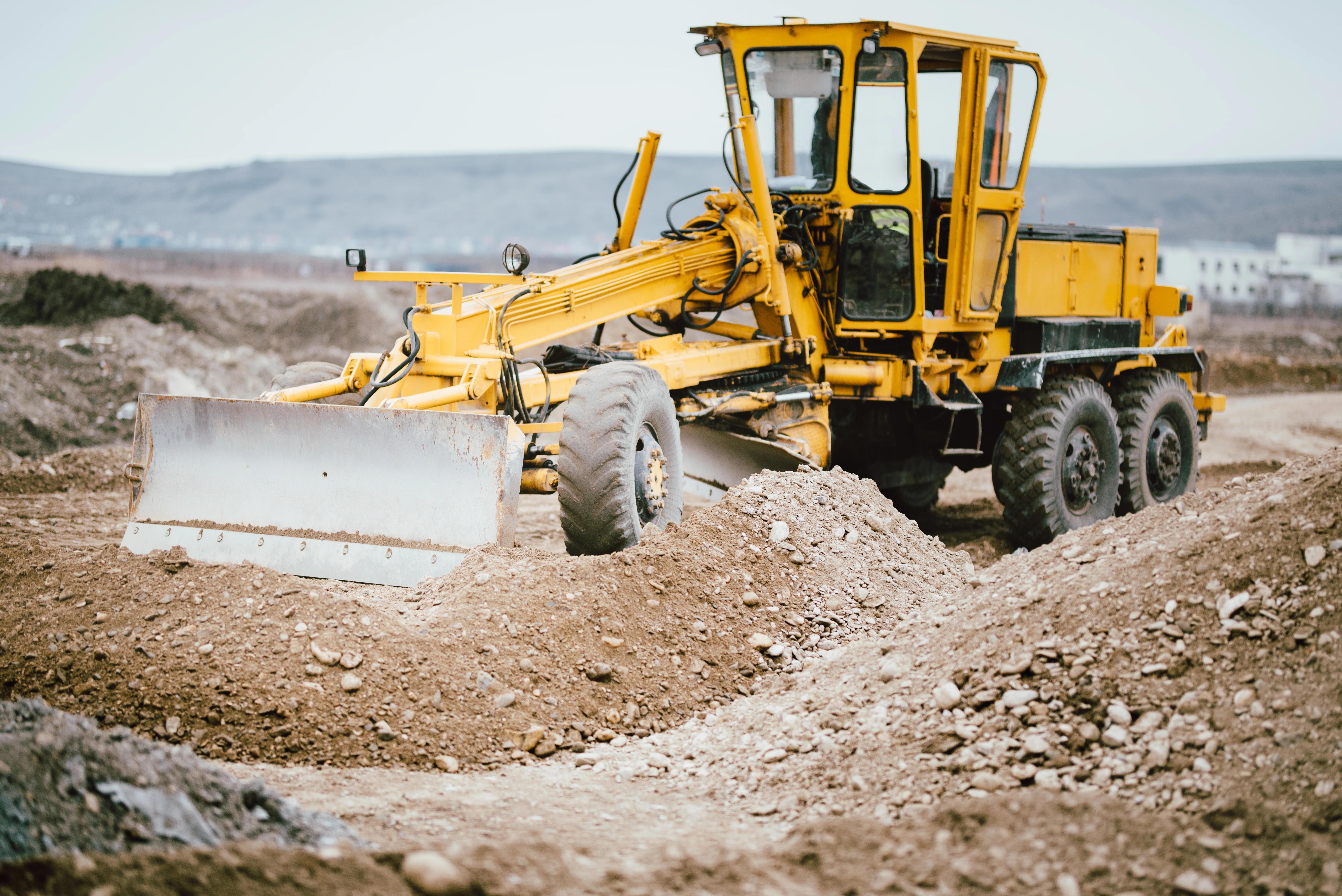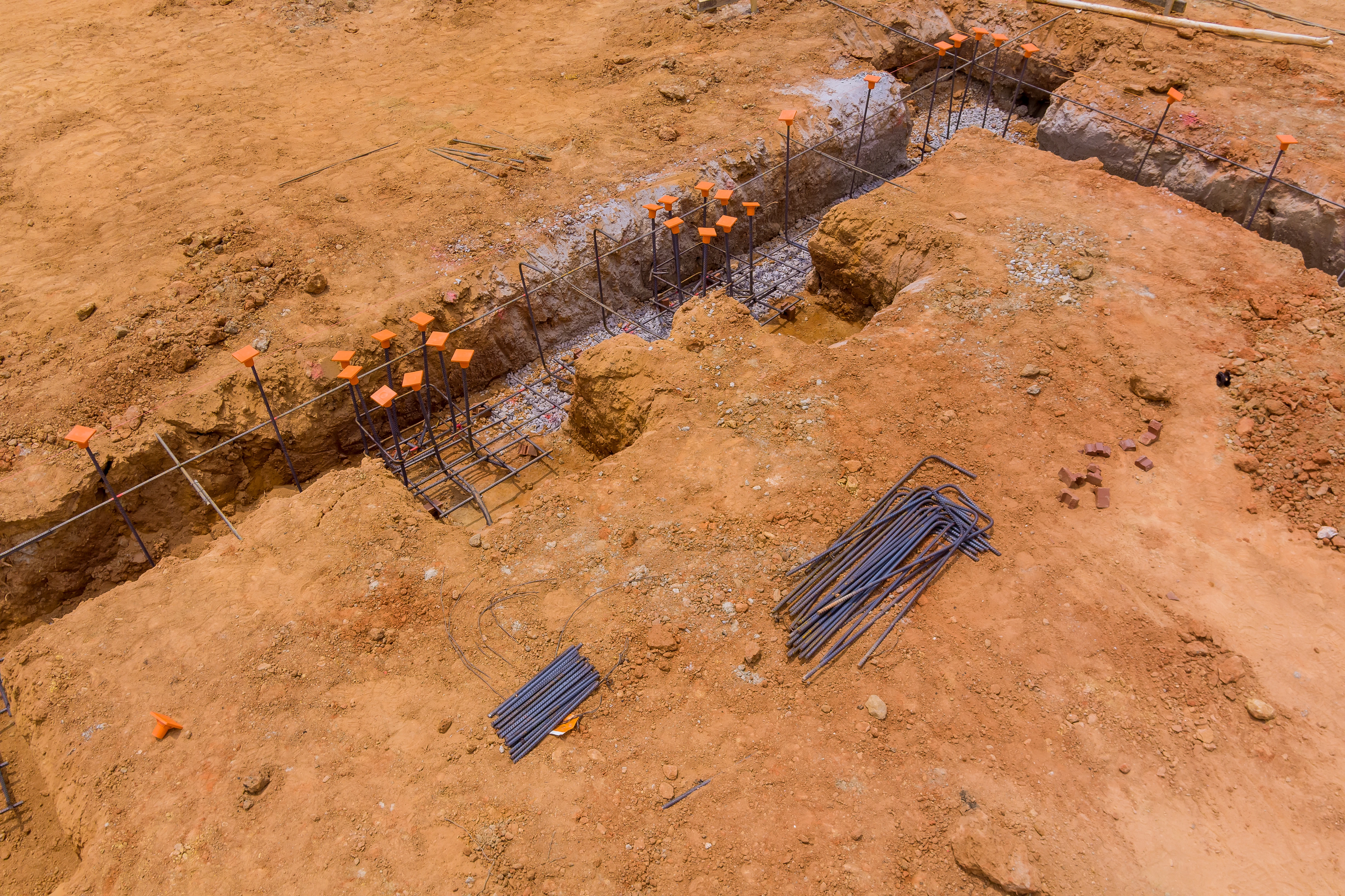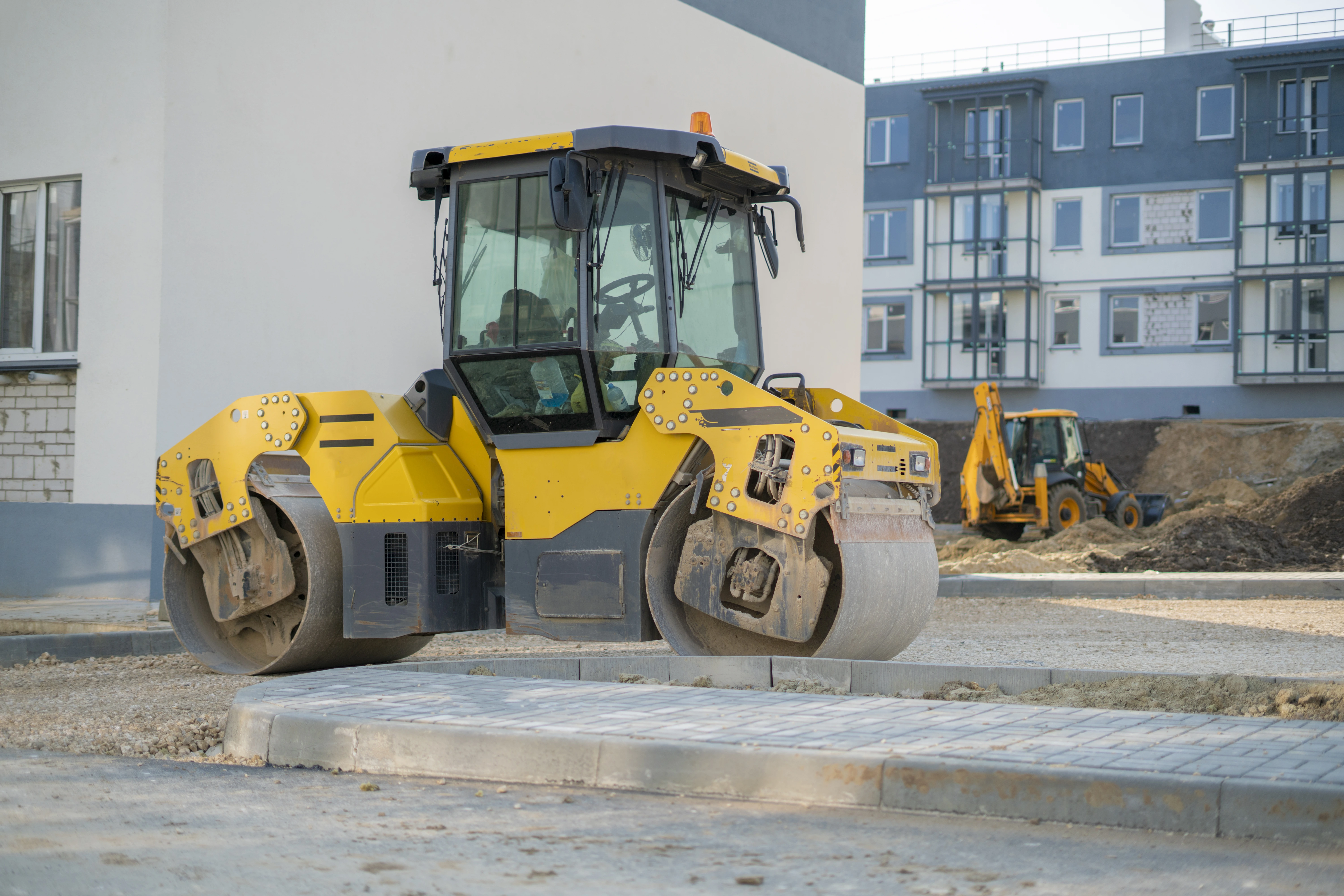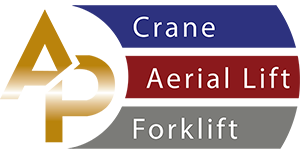A Guide to Different Types of Heavy Equipment Training
Heavy equipment plays a pivotal role in various industries, especially in construction, mining, and landscaping. The ability to operate this equipment safely and efficiently requires specialized training. With proper education and certification, operators can ensure they meet safety standards, enhance productivity, and avoid costly accidents. This guide explores the different types of heavy equipment training programs designed to provide operators with the knowledge and practical skills needed to excel in their roles. From skid steer loaders to roller compactors, each piece of machinery requires specific training that focuses on safety, operational techniques, and industry regulations.
